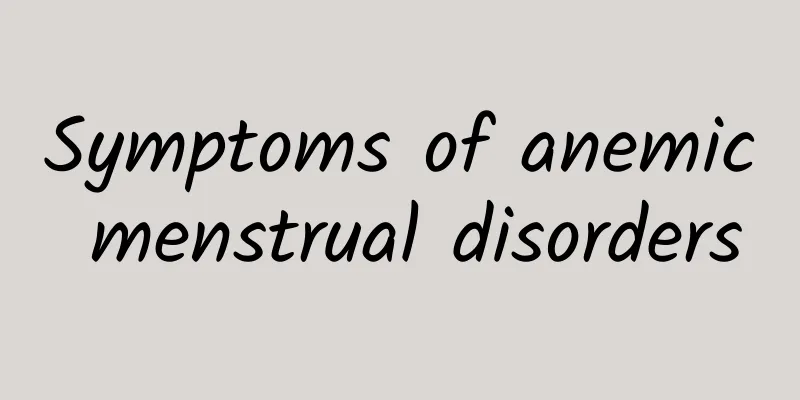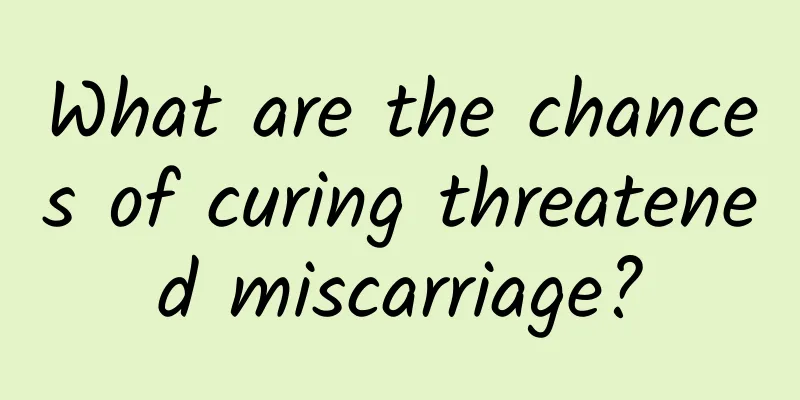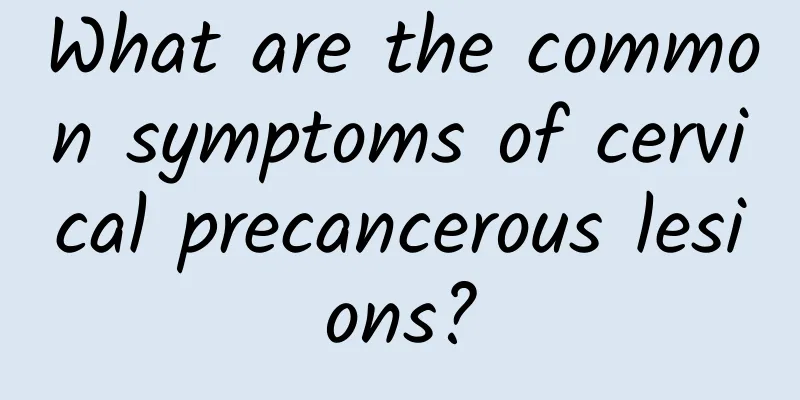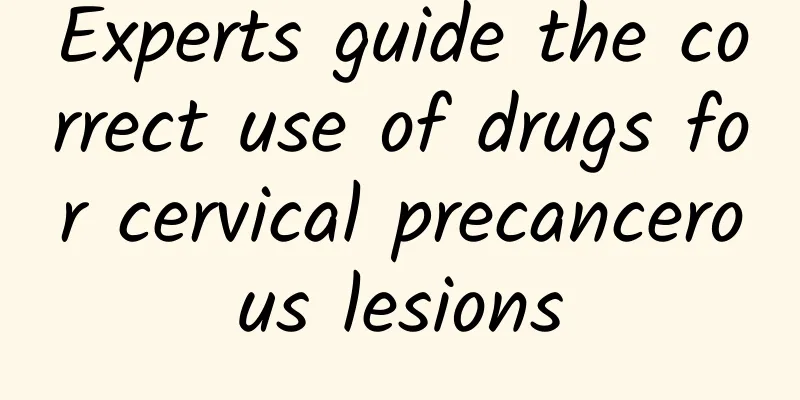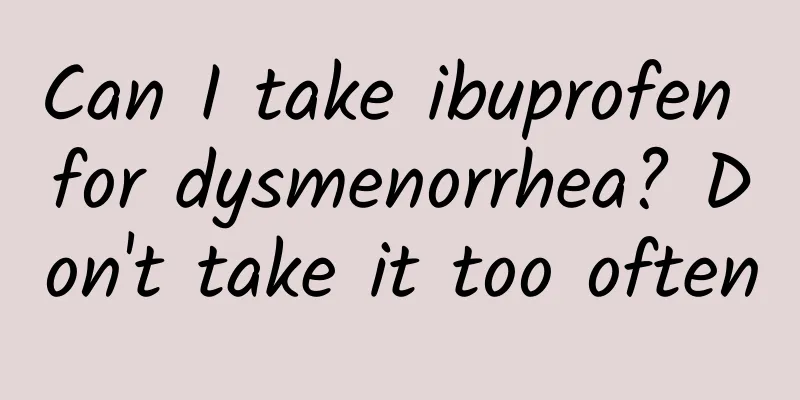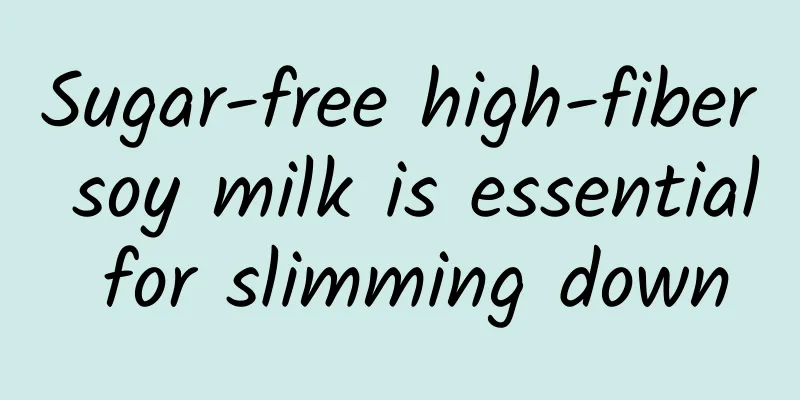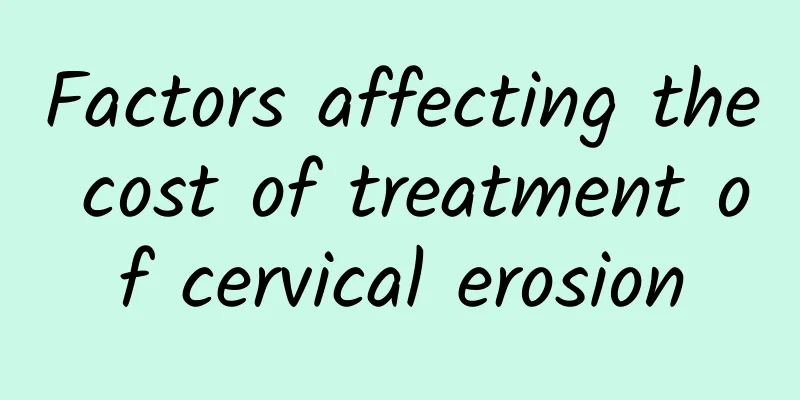Obesity and diabetes are the culprits, so be careful if you love eating sweets! Bottled orange juice = 10 sugar cubes
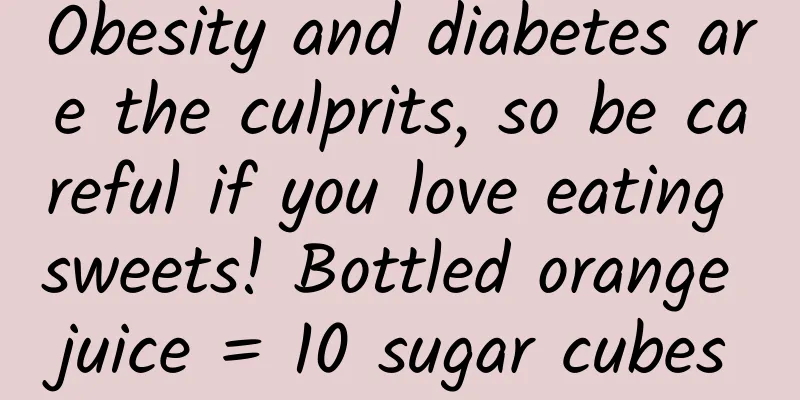
|
Beware the sugar trap! Many people love to drink orange juice, but drinking a 500ml bottle of commercially available bottled orange juice is equivalent to eating 10 sugar cubes, bringing your daily sugar intake close to the upper limit! There are many processed foods in our lives that contain "free sugars". If we accidentally consume too much, it may increase the burden on our body and even cause obesity and diabetes. The World Health Organization (WHO) recommends that if you want to eat healthily, your daily intake of free sugars should not exceed 5 sugar cubes. Sugar is an important source of energy to maintain the normal functioning of the human body. However, excessive intake of sugar is the cause of heart disease, stroke, diabetes, and high blood pressure. The risk of cardiovascular disease is 2 to 4 times higher than that of the average person. It also increases the chances of obesity and tooth decay. The "free sugar" commonly found in processed foods is a major culprit for obesity and diabetes. Free sugars are often added to food, and we may accidentally consume too muchWhat are free sugars? Free sugars refer to monosaccharides (glucose, fructose) and disaccharides (sucrose), which are commonly found in foods such as soda and ice cream. However, some natural foods such as honey, syrup, and fruit juice also contain free sugars. According to the British Daily Mail, Graham MacGregor, professor of cardiology at the Royal London Hospital, said that food companies tend to add more and more free sugars to the food they manufacture, and people often accidentally eat too much sugar without realizing it. Free sugars refer to monosaccharides (glucose, fructose) and disaccharides (sucrose), which are commonly found in foods such as soda and ice cream. However, some natural foods such as honey, syrup, and fruit juice also contain free sugars. WHO recommends that free sugar intake should not exceed 5% of total caloriesThe latest recommendations released by the World Health Organization (WHO) point out that if adults and children want to be healthier, their daily intake of free sugars should not exceed 5% of total calories, which means that the amount of sugar consumed per day should not exceed 25 grams, which is equivalent to 5 sugar cubes (1 sugar cube is about 5 grams). The Daily Mail reported that drinking a 500ml bottle of commercially available bottled orange juice is equivalent to eating 10 sugar cubes, while a cup of chocolate milkshake from a fast food restaurant contains as much as 12 sugar cubes. Some foods may not seem to have a high sugar content, such as a 500-gram can of tomato meat sauce added to pasta, which actually contains the same amount of sugar as six sugar cubes. The World Health Organization (WHO) also pointed out that 1 tablespoon of ketchup contains about 4 grams (nearly 1 sugar cube) of free sugar, and a can of sugary soda can contain up to 40 grams (equivalent to 8 sugar cubes) of free sugar, which is shocking. Drinking a 500ml bottle of commercially available bottled orange juice is equivalent to eating 10 sugar cubes. Professor McGregor also said that free sugars are completely unnecessary for calorie intake because they have no nutritional value, do not produce a sense of satiety, and are even a major cause of obesity and diabetes. Some foods that claim to be low-fat actually have less fat but more sugar to enhance the taste. People think that low fat can improve health, but they don’t know that consuming too much sugar is still harmful to health. In response to the World Health Organization's recommendations, the Ministry of Health and Welfare's National Health Administration also said a few days ago that it has planned to invite experts and scholars to discuss adding recommended sugar intake to the "National Dietary Indicators" for public reference while keeping up with international practices. [Expert advice]: How can we consume sugar in a healthy way? It is recommended that people should mainly consume sugars from natural foods such as vegetables, fruits, and milk; as for artificial free sugars, it is better to avoid them to reduce the burden on the body and stay away from obesity and diabetes. |
>>: Recommended 6 ways to eat sweet potatoes to lose weight without going hungry
Recommend
What are the early symptoms of ovarian cysts and how do they affect pregnancy?
What are the early symptoms of ovarian cysts? Wha...
What is the reason for the menstrual period to be more than half a month late?
What is the reason for menstruation being more th...
Why can't you eat longan when you have uterine fibroids? Why can't you eat longan when you have uterine fibroids?
Why can't you eat longan if you have uterine ...
What are the treatments for pelvic inflammatory disease?
Treatment for pelvic inflammatory disease include...
When does menopause usually occur?
Menopause is a stage that everyone must go throug...
Women should pay attention to some common care methods for ectopic pregnancy
Nowadays, many pregnant women may have ectopic pr...
The secret recipe for speeding up metabolism for women with small belly who can't lose weight
"Doctor, I have tried many weight loss metho...
Eat tofu to lose weight and fight aging! How to choose between flat tofu, tender tofu and egg tofu?
If you want to fight aging and stay away from obe...
What are the classifications of multiple uterine fibroids? What is the best examination for multiple uterine fibroids?
Classification of multiple uterine fibroids origi...
What are the effective methods for treating uterine fibroids?
There are many ways to treat uterine fibroids, so...
How to treat ovarian cysts correctly?
The treatment of ovarian cysts is a very rigorous...
Can patients with adenomyosis eat chicken?
Adenomyosis Do you eat chicken? 1. Chicken has hi...
What are the advantages of micro-tube painless abortion surgery?
Micro-tube painless abortion is also called endom...
High-fat, low-fiber diet and colorectal cancer risk factors
Colorectal cancer is a typical type of cancer tha...
Experts analyze the common causes of uterine adnexitis
It is very beneficial for the majority of female ...
